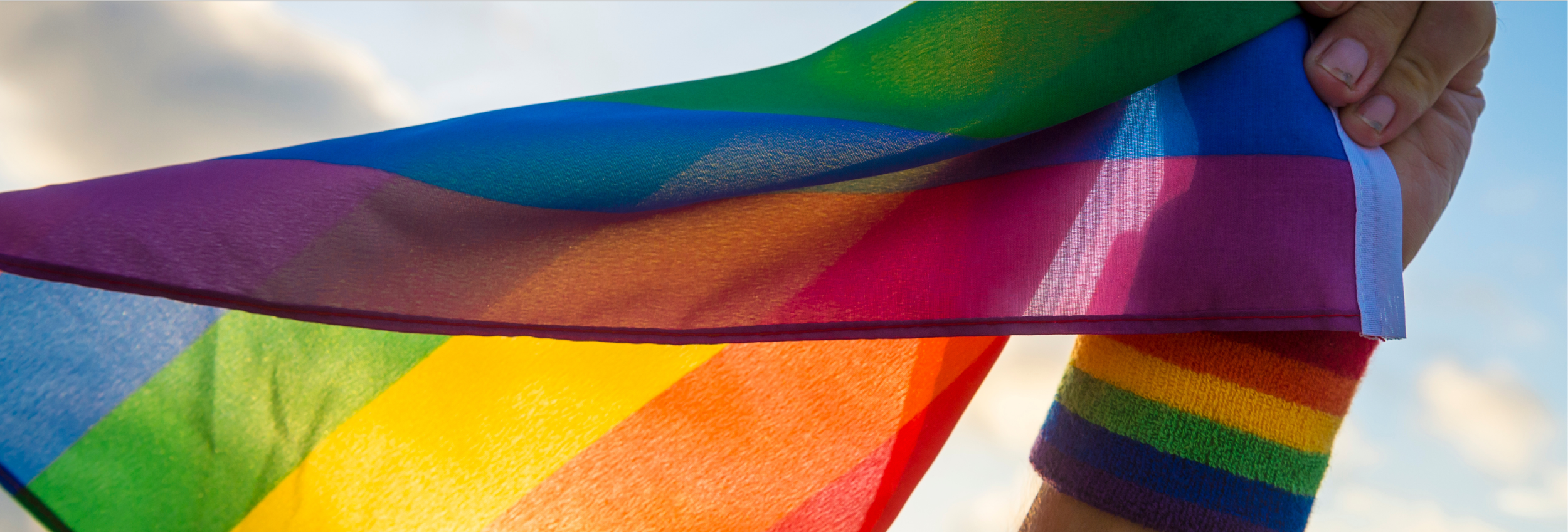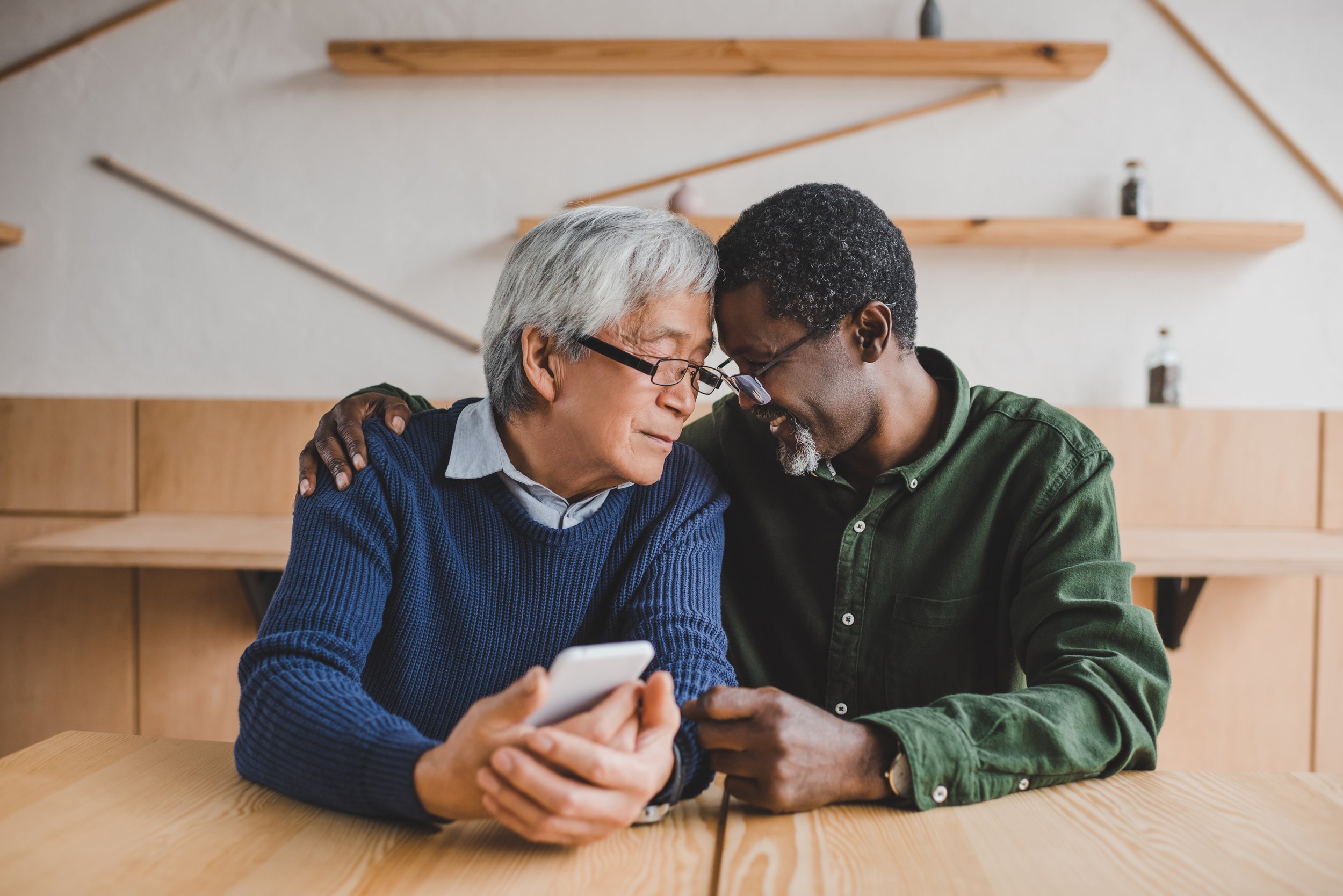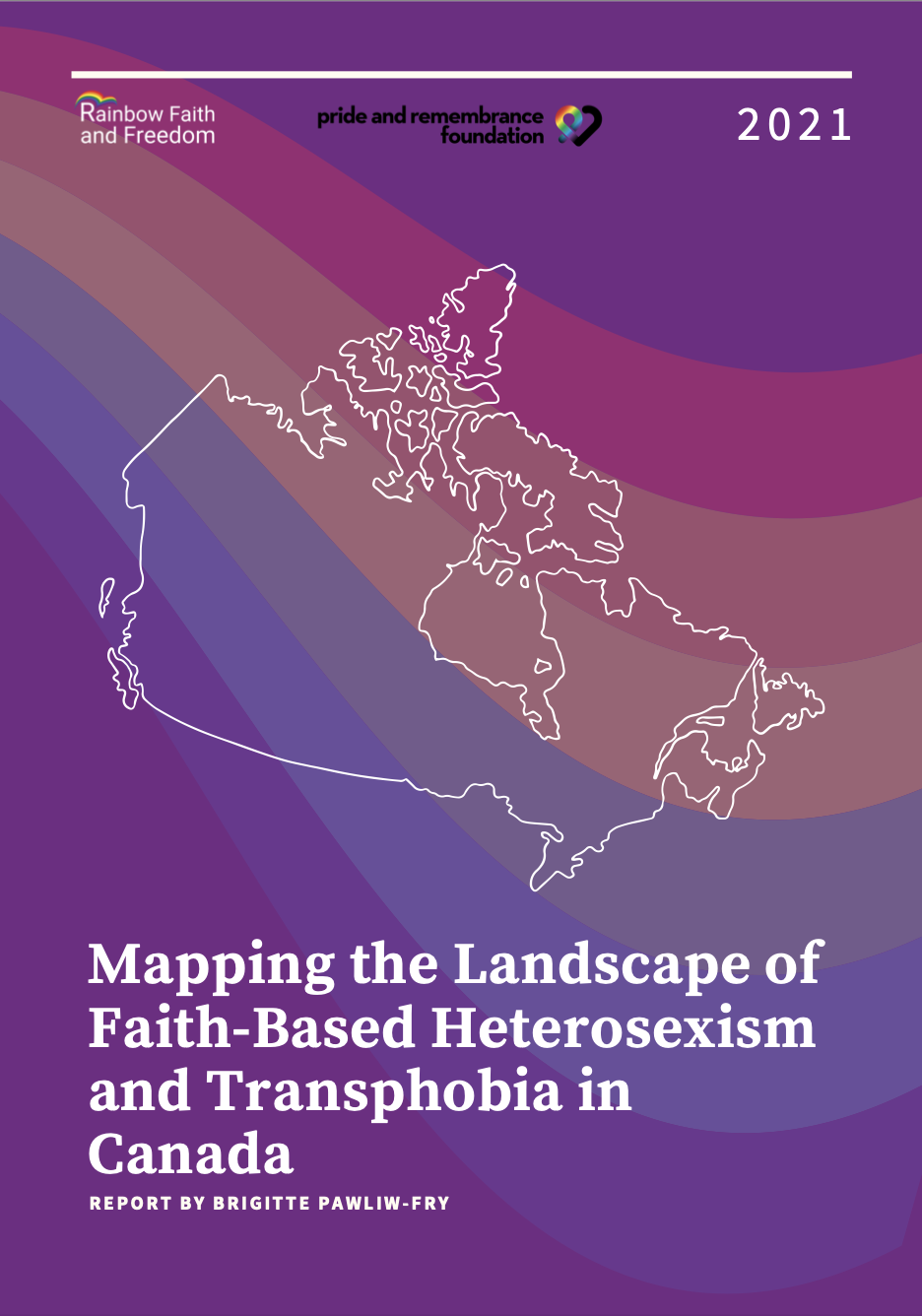
Our Initiatives
The work of Rainbow Faith and Freedom involves projects that develop educational programs with grant funds over a set limit of time, the programs that are produced through these projects, and the research that is a core element of these projects.
Our Projects
Affirming Inclusion in Education
Ongoing research on religious-based homophobia and transphobia in faith-based education will guide the development of a program to support GSAs, instrumental organizations that make schools safer for 2SLGBTQ+ students and their allies.
2SLGBTQ+ Safety in Senior Care
Ongoing research that examines the subtle but serious barriers in senior care faced by many 2SLGBTQ+ seniors will inform a program that will help health care professionals and administrators build the skills they need to create safer, more inclusive spaces for our community’s elders.
The Coalition for Inclusive Faith in Costa Rica—spearheaded by AEI and Rainbow Faith & Freedom—aims to foster dialogue, education, and joint action among religious leaders and LGBTQ+ individuals to dismantle faith-based prejudice.
Costa Rica
This project supports the Caribbean Vulnerable Community Coalition in their holistic, sustainable multisectoral efforts designed to confront the root social, structural, and institutional drivers of discrimination and violence against the LGBTQ2I community in Jamaica. It focuses on dismantling anti-LGBTQ2I narratives built on misused religious scripture by fostering dialogue between faith leaders and LGBTQ2I individuals.
Jamaica
Our Research Reports
Beyond Tolerance builds on previous research examining the barriers and opportunities for 2SLGBTQ+ inclusion in Ontario’s religious institutions. While some places of worship are leading the way in affirming queer congregants, many rely on vague and indirect language that obscures their position. The report identifies the communication gaps, institutional resistance, and digital shortcomings that prevent clear inclusion and provides actionable recommendations for faith communities ready to foster meaningful, visible change.
Beyond Tolerance
Worshipping With Love explores the lived experiences for 2SLGBTQ+ Ontarians in places of worship. Many continue to face exclusion, whether through overt discrimination or the absence of clear support from religious institutions. Based on data from over 3,000 survey participants and in-depth interviews, the report highlights the urgent need for religious spaces to clarify their stance and take meaningful action toward inclusion. It offers insights into how faith and identity can co-exist when inclusion is intentional and explicit.
Worshipping With Love
In a landmark report, RFF introduces the wide landscape of faith-based 2SLGBTQ+ discrimination. This report addresses the most critical areas of where faith-based discrimination operates, surveying research from the last fifteen years, and documents the long-lasting impacts of this exclusion.







